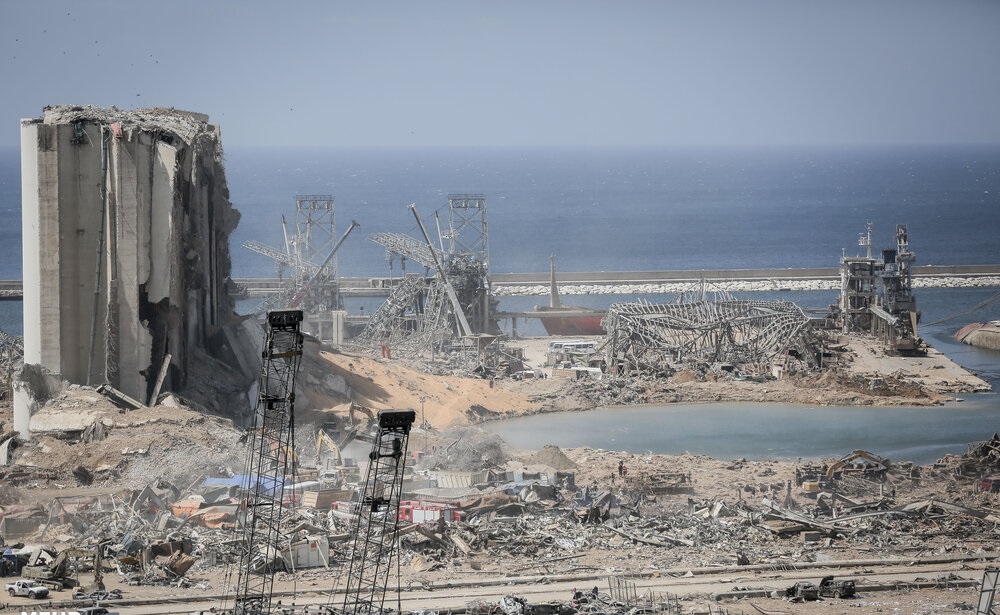
On Aug. 4, 2020, the world changed for the Lebanese people. An massive explosion at Hangar 12 at the port in downtown Beirut took the lives of 218 people, left 7,000 injured and rendered 300,000 people homeless. Those numbers don’t account for the millions who are in the Lebanese diaspora — who, like me, bore witness to a tragedy on screens — images that they cannot recover from.
It is hard hearing about such an event over the phone or on the news. I haven’t witnessed or even experienced as many tragedies as other immigrants to Canada may have. But I will never forget the day the Beirut port exploded.
In 2019, a security officer at the port stumbled on a broken door and a hole in a storage hangar. Inside were thousands of tonnes of ammonium nitrate, a compound used in explosives, spilling from bags. In that hangar were jugs of oil, kerosene and hydrochloric acid, as well as eight kilometres of fuse, and more than 15 tonnes of fireworks. Basically, every ingredient needed to make a bomb was present. Lebanese officials apparently already knew this as shown by New York Times reporters.
Then it happened. The explosion punched through buildings, historic homes, skyscrapers. In seconds, nearby infrastructure was gutted.
This is the immigrant experience. You are isolated and detached from tragedy, but every day you relive the events that destroyed your home. On Nov. 22, Lebanon celebrates its independence, but this tragedy still haunts the country.




